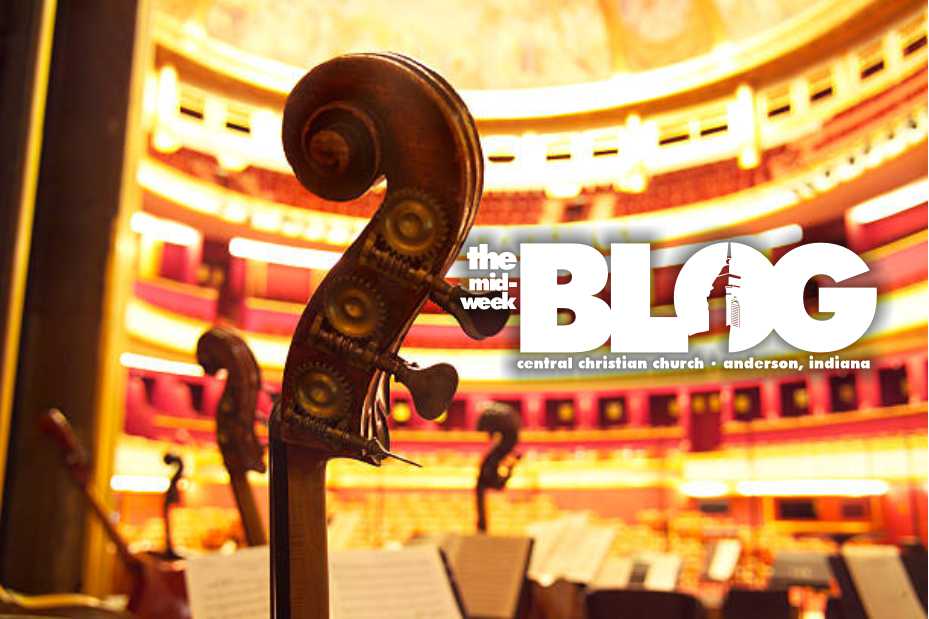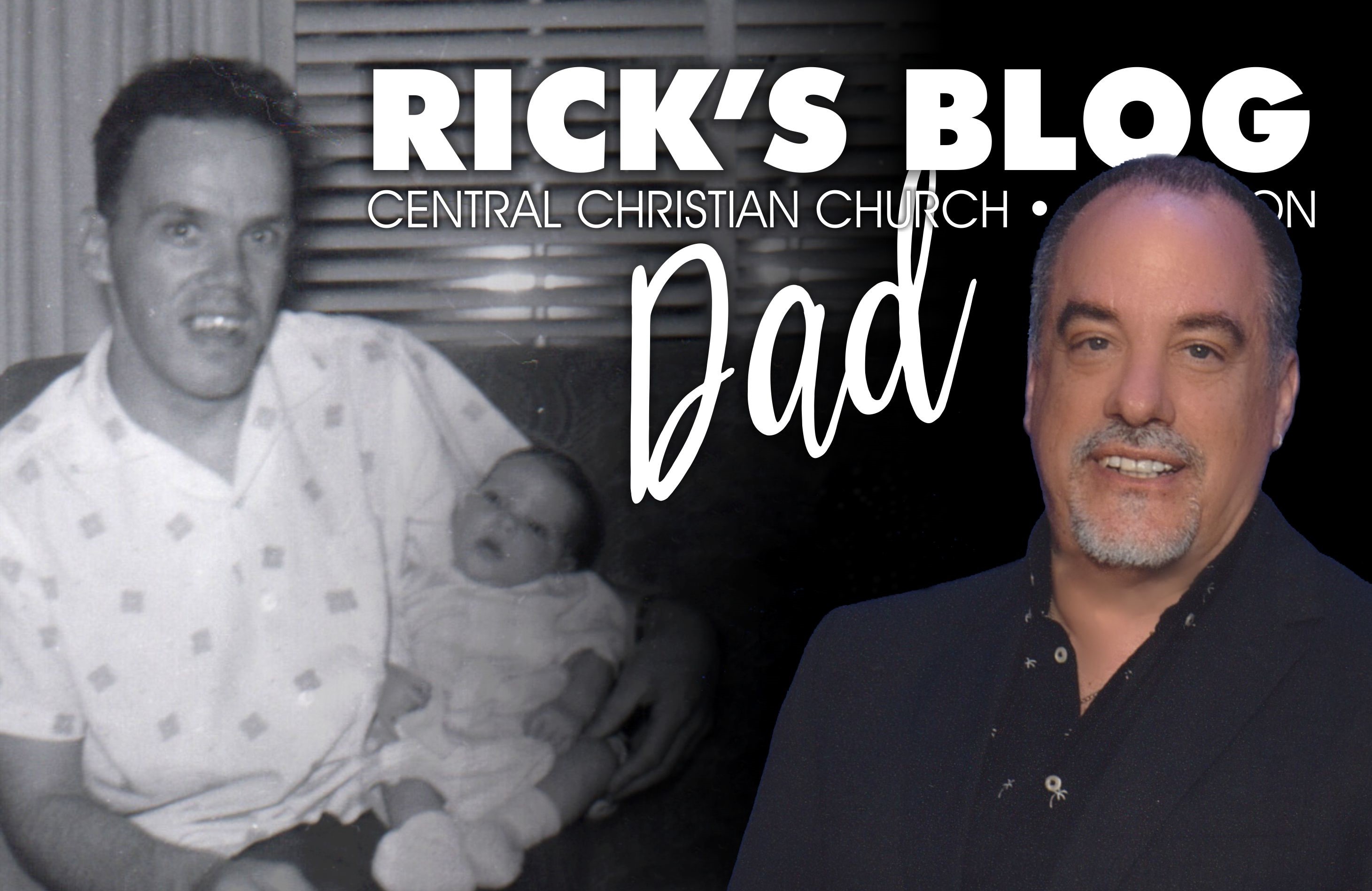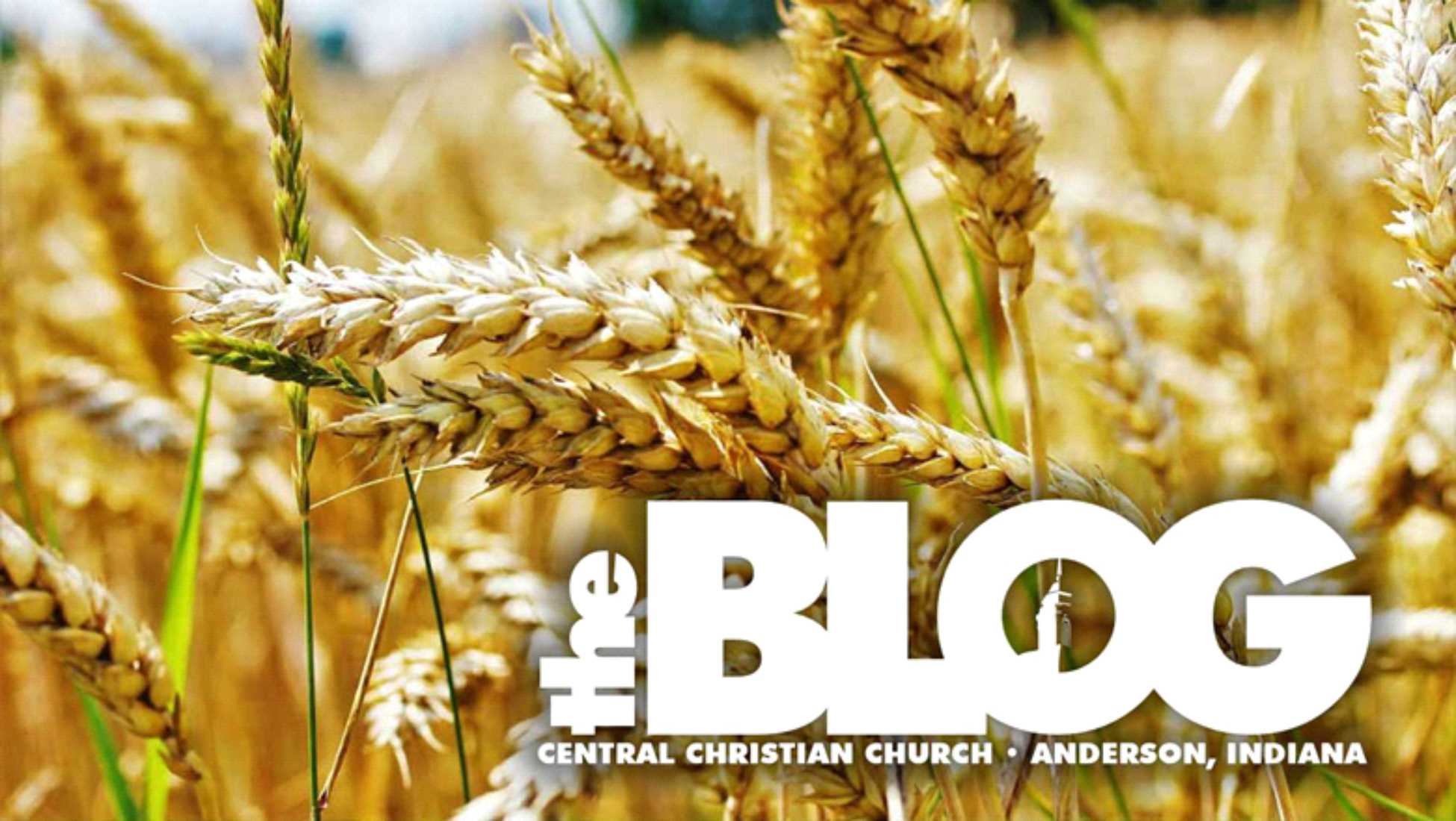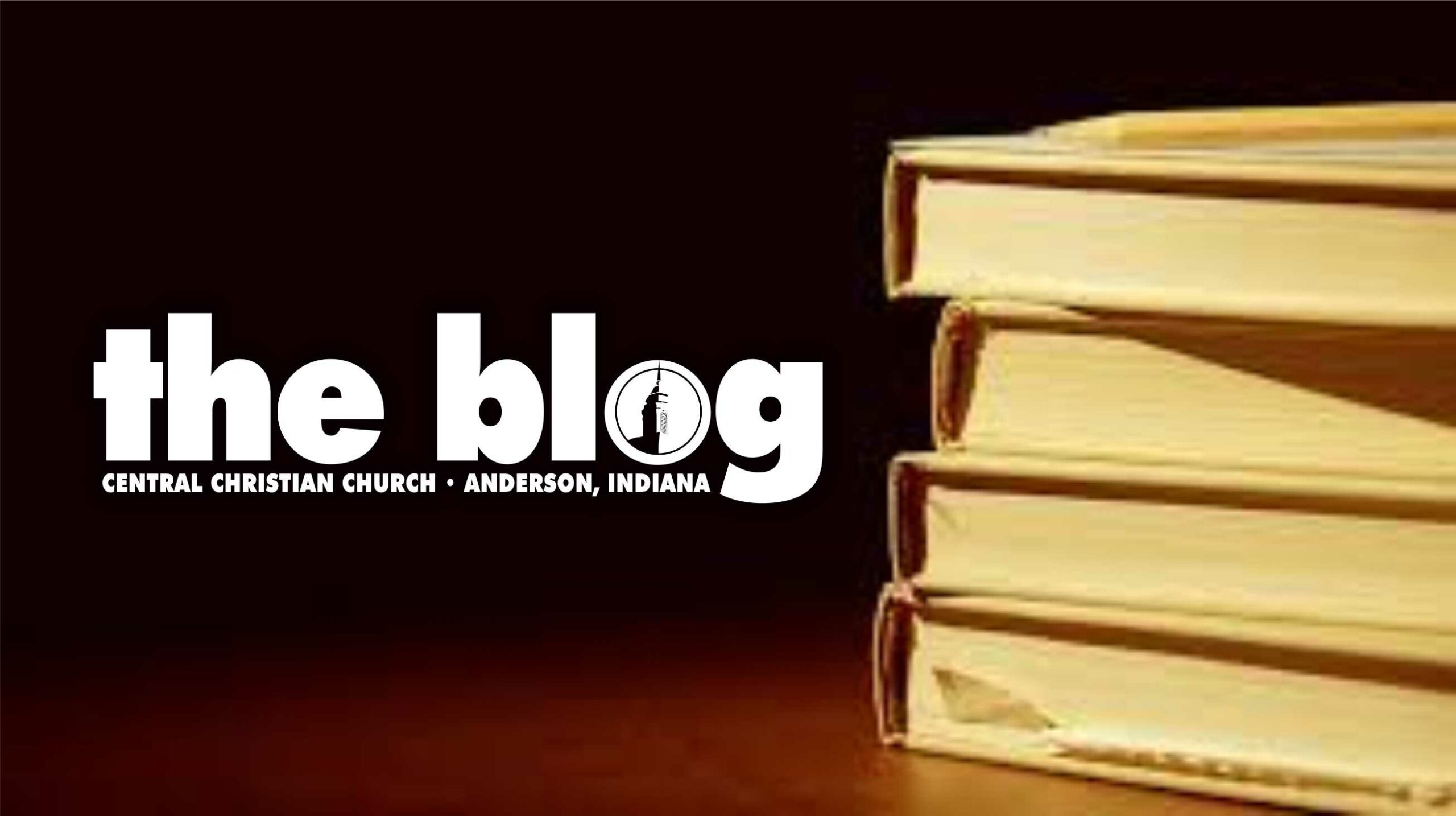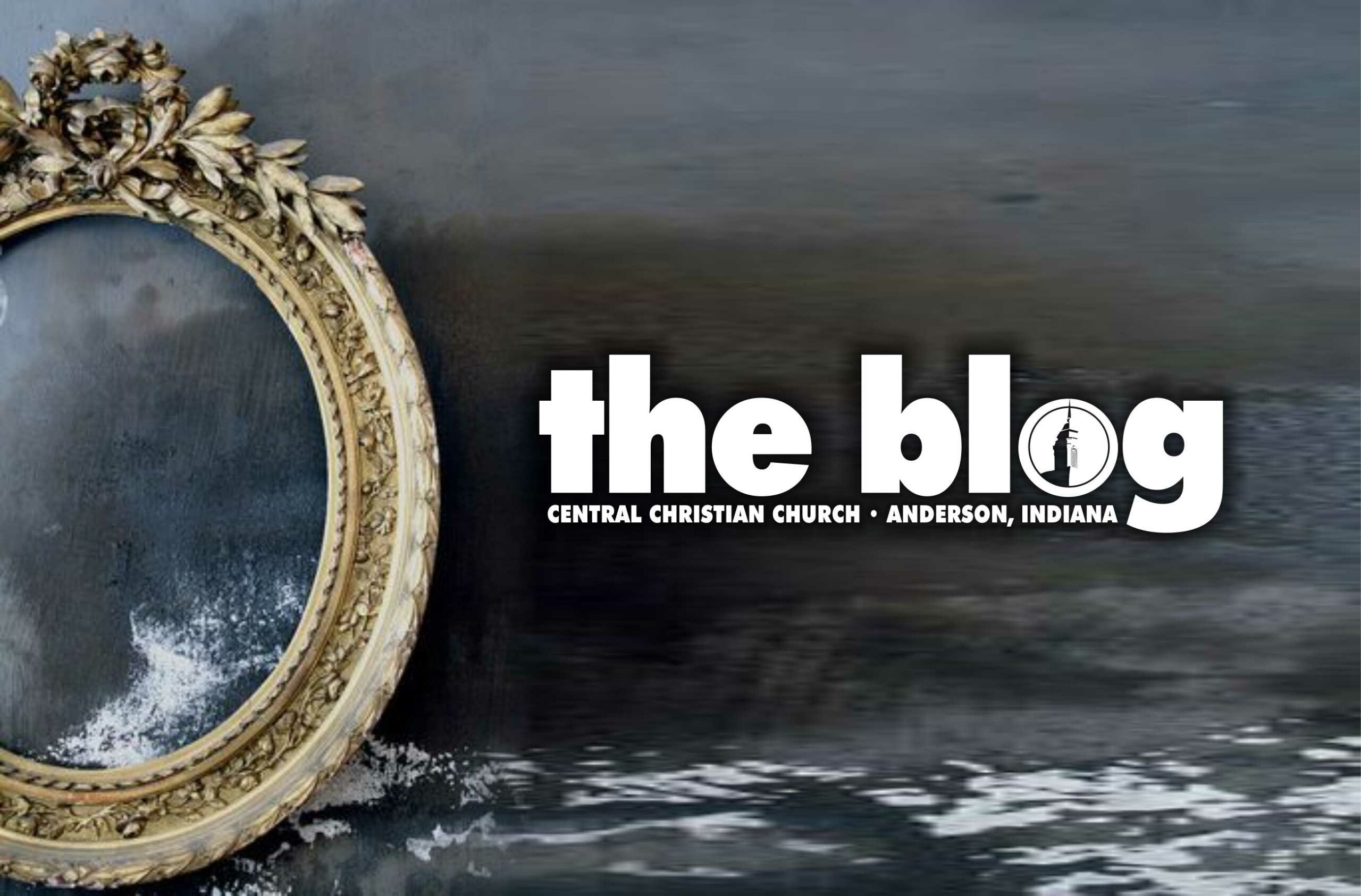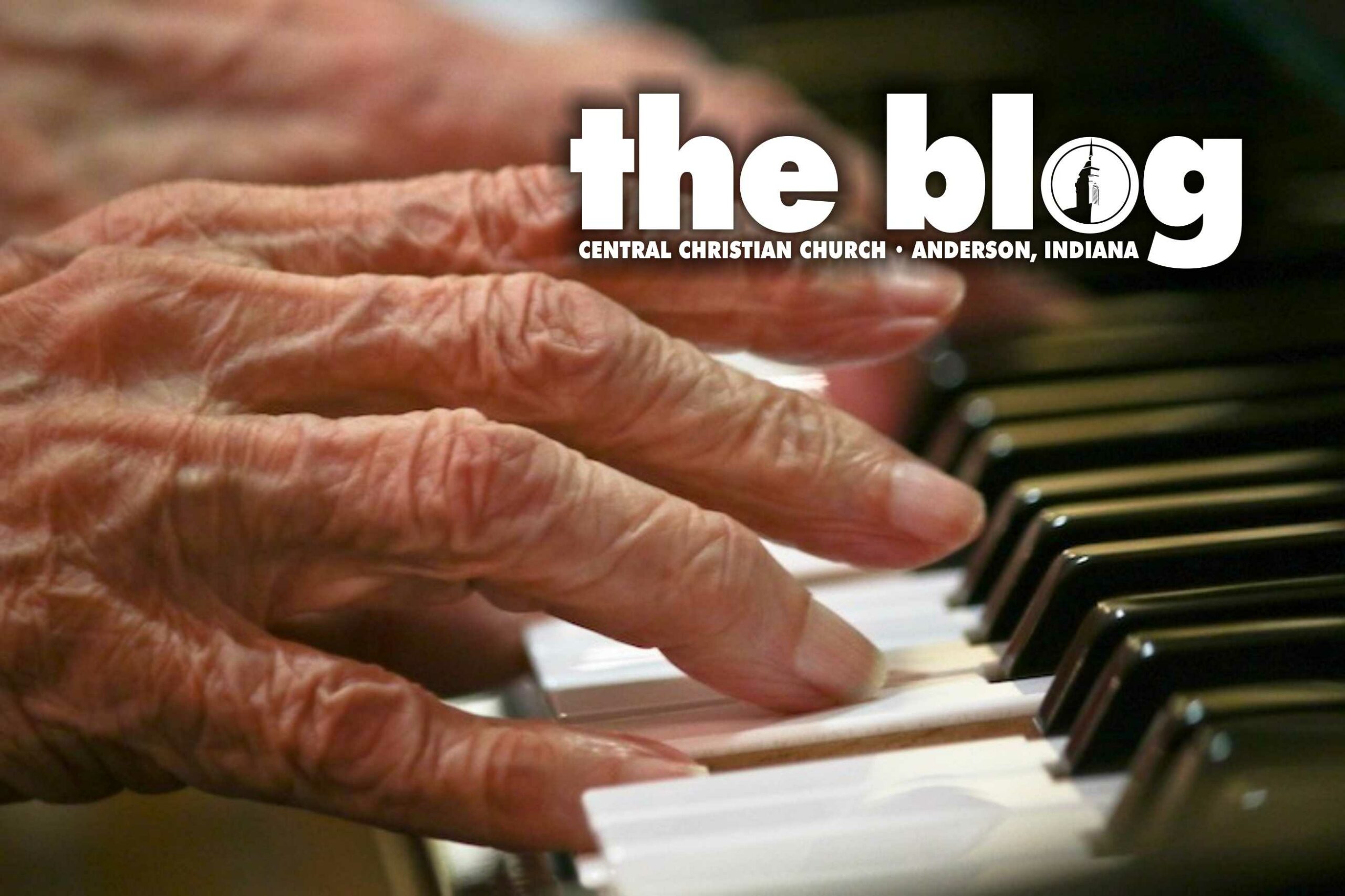
REMEMBERED SIN
Written By:Rick Vale
She was as colorful a person as you would like to meet; my first piano teacher, Mrs. Beardsley. With a smoker’s cough, low voice, and a pink living room (I especially remember the AMAZING aluminum Christmas tree with pink ornaments and rotating color wheel…this was the ’60’s) and a love for music, piano and her students that was unsurpassed.
When I first began taking lessons, the summer of my Kindergarten year, she would sit at a chair beside the piano bench. Her manner never frightened or intimidated me, as she exhibited a free-spirited kind of love toward me and all her students in her manner. Although I’m probably still suffering the effects of second-hand smoke, and scarred by the tales she told of motorcycle-riding through California, and tales of she and her husband when they were young (which was, I have to admit, difficult to imagine…seeing the arthritically-crippled fingers and joints as I sat beside her at the piano) what has followed me through the years is her love, and the type of wisdom that a good teacher passes on; wisdom that goes deeper than the specifics of the lesson itself.
Although there are many stories and illustrations of care, teaching, music and love that I could tell (and have told), for the sake of today I am remembering the times I was learning specific pieces that she herself had played. There was one, particular, Mozart piano piece that I was learning. There was a certain passage which was exceptionally difficult, it seemed that week after week it never got any better. Mrs. Beardsley, frustrated by her crooked, arthritic fingers and inability to adequately show me the fingering and technique used to play the passage, rose from her rose-pink Lazy-Boy (where she had moved in later years) and made her way to a hall closet where there were piles and piles of music, HER music books, from HER lessons as a child. All the music was catalogued by composer, and she quickly found “our” piece and brought it over. She sat now beside me and placed her old copy of the piece at the piano. Written in two hands, one; the fine pencil marks of HER teacher, and one the more childish writing of HER, as a child pianist, were notes, remarks, fingerings and exercises used for this piece.
And then she spoke the lesson I speak to you: “After playing this for so long, I’d forgotten how difficult it had been to learn. A good teacher needs to remember being a student.”
The Spirit teaches us, through the Scripture and life, that Jesus isn’t interested in remembering our sins. (And just as a side-note here, remember that in English we have the one word, “sin”, but the Greeks had seven; everything from “forgetting”, “aiming-but-missing” to “out-and-out rebellion against God”…and all those different words are translated into our one word, “sin”). Once we recognize, and ask forgiveness for, our debts, our mistakes, our defiance…Jesus is good to forgive AND forget. But my belief is that WE should NEVER forget our mistakes, our bad choices, our sin.
Why? Because, as Mrs. Beardsley taught me, and is now teaching you, “A good teacher needs to remember being a student.” A forgiven Believer & Follower needs to remember when they weren’t a Believer and/or a Follower…or else they forget to feel for others and start down the slippery slope of “us and them” mentality.
If a care-giver forgets what it is like to be sick or incapacitated, their care becomes theoretical and academic. If a minister forgets that he or she wasn’t always a minister, they cease being relevant, to say nothing of empathetic. All of us who Believe & Follow have the tendency to become narrow in our acceptance, and judgmental in our attitudes…that is obvious in everything we read and observe. Our narrow and judgmental attitudes come when we forget where our journey began.
When we, as Believers & Followers, forget that we used to NOT be Believers & Followers and the only reason we are now is because of who GOD is, and not because of who WE are…then we have no hope of ever reaching any other heart, of sharing any other burden, of holding any other hand in love. When we lose EMPATHY we cannot give SYMPATHY…when we forget our own struggle, we lose to tools needed to help anyone else in theirs.
And then we cease loving God…because the way we love HIM is by loving each other. We could all afford to repeat again and again…”remember that you are dust”…not so much to remind us of our mortality, but to remind us that we were are ARE all “students” as well as “teachers”…the journey that someone else is on may be one we have already travelled, or visa versa.
My thanks, again, to Mrs. Beardsley and her legacy…none of us may ever know the wide circles our influence will travel. Let us continue to learn, to love, to feel the pain and longing of others as if it were our own.


